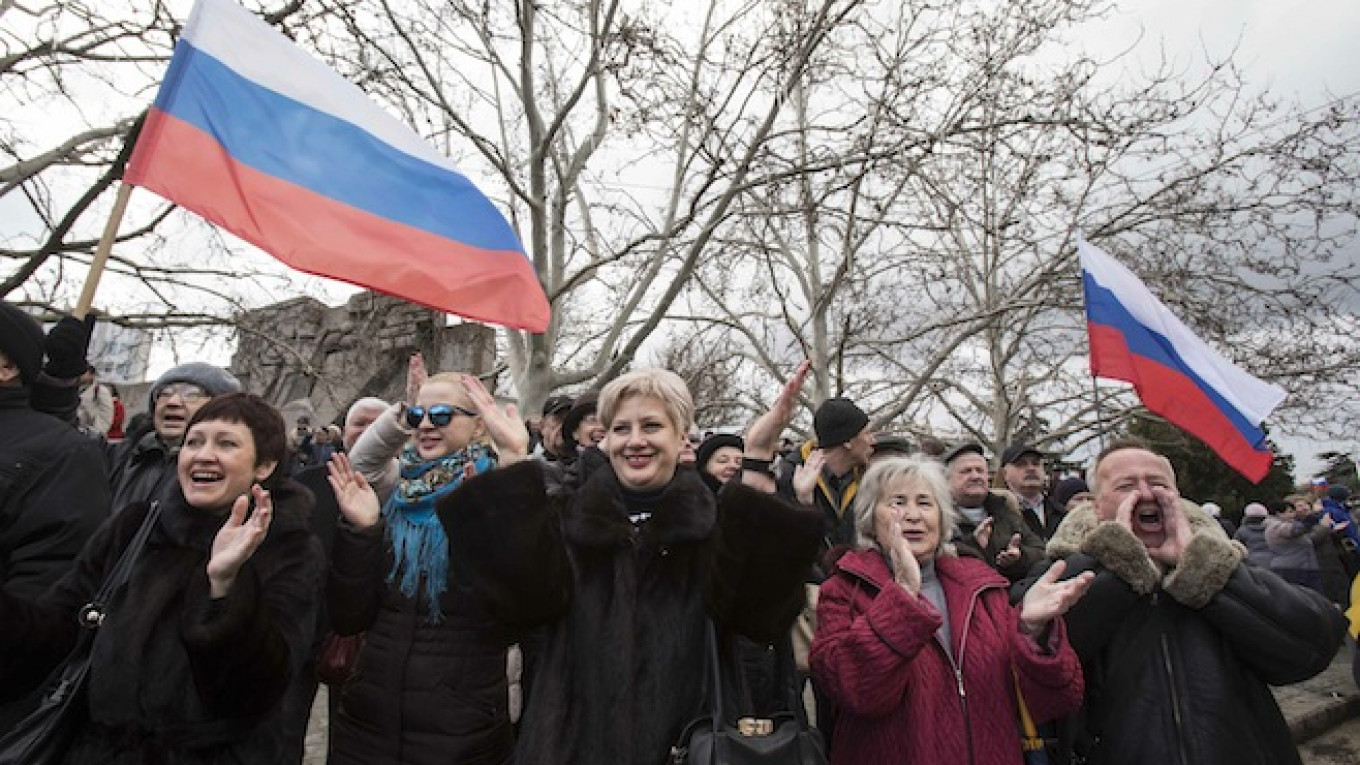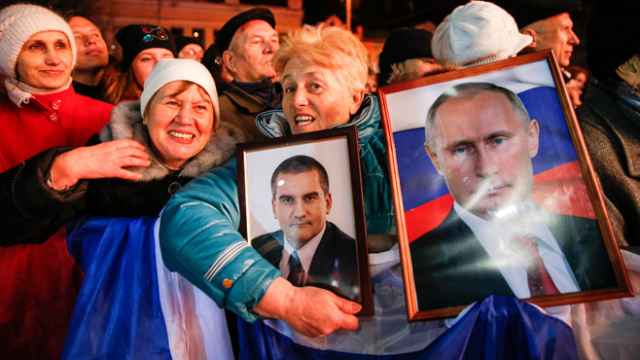Russians increasingly believe in an economic system founded on government planning rather than the free market, a poll by the independent Levada Center showed.
Fifty-five percent of respondents said that a country's economic system should be based on "government planning and allocation," the pollster said in a report this week.
On the other side of the spectrum, 27 percent said the economy should be based on "private property and market relations." This number has fallen steadily from a high of 41 percent in 1992, just after the fall of the Soviet Union, when support for state planning stood at a low of 33 percent, the report showed.
For many Russians, the idea of a market economy has become tightly associated with memories of the drastic economic reforms of the 1990s, which left many citizens on the edge of survival while a small group extracted massive wealth from the breakdown of the old system.
Asked which political system is the best — the Soviet system, Russia's current one or Western-style democracy — 34 percent still say the Soviet system, according to the survey.
In the increasingly nationalist climate that has emerged following the annexation of Crimea last year, belief in Western-style democracy has fallen from 21 percent in January 2014 to 11 percent this March. The number who believe Russia's current system is the best, meanwhile, has risen from 19 percent to 29 percent of respondents.
Public opinion also appears to have taken an absolutist turn. Fifty percent of respondents in March agreed with the statement "all power in a country should be concentrated in the hands of a single person," up from less than 40 percent in recent years.
At the same time, the majority — 75 percent — agreed that the state should be controlled by its people and not vice versa.
The survey was conducted from March 13 to 16 among 1,600 respondents aged 18 years or older, across 46 regions of Russia. The margin of error did not exceed 3.4 percent.
A Message from The Moscow Times:
Dear readers,
We are facing unprecedented challenges. Russia's Prosecutor General's Office has designated The Moscow Times as an "undesirable" organization, criminalizing our work and putting our staff at risk of prosecution. This follows our earlier unjust labeling as a "foreign agent."
These actions are direct attempts to silence independent journalism in Russia. The authorities claim our work "discredits the decisions of the Russian leadership." We see things differently: we strive to provide accurate, unbiased reporting on Russia.
We, the journalists of The Moscow Times, refuse to be silenced. But to continue our work, we need your help.
Your support, no matter how small, makes a world of difference. If you can, please support us monthly starting from just $2. It's quick to set up, and every contribution makes a significant impact.
By supporting The Moscow Times, you're defending open, independent journalism in the face of repression. Thank you for standing with us.
Remind me later.






